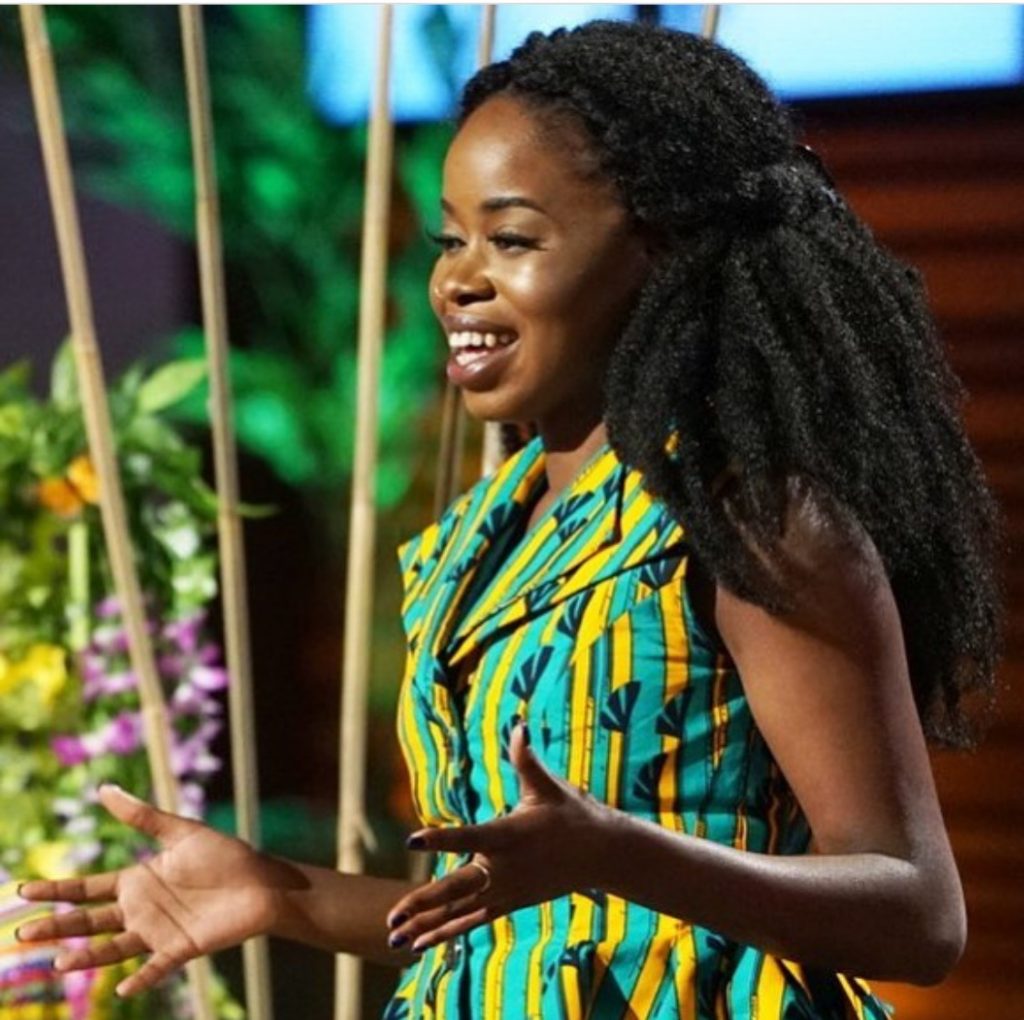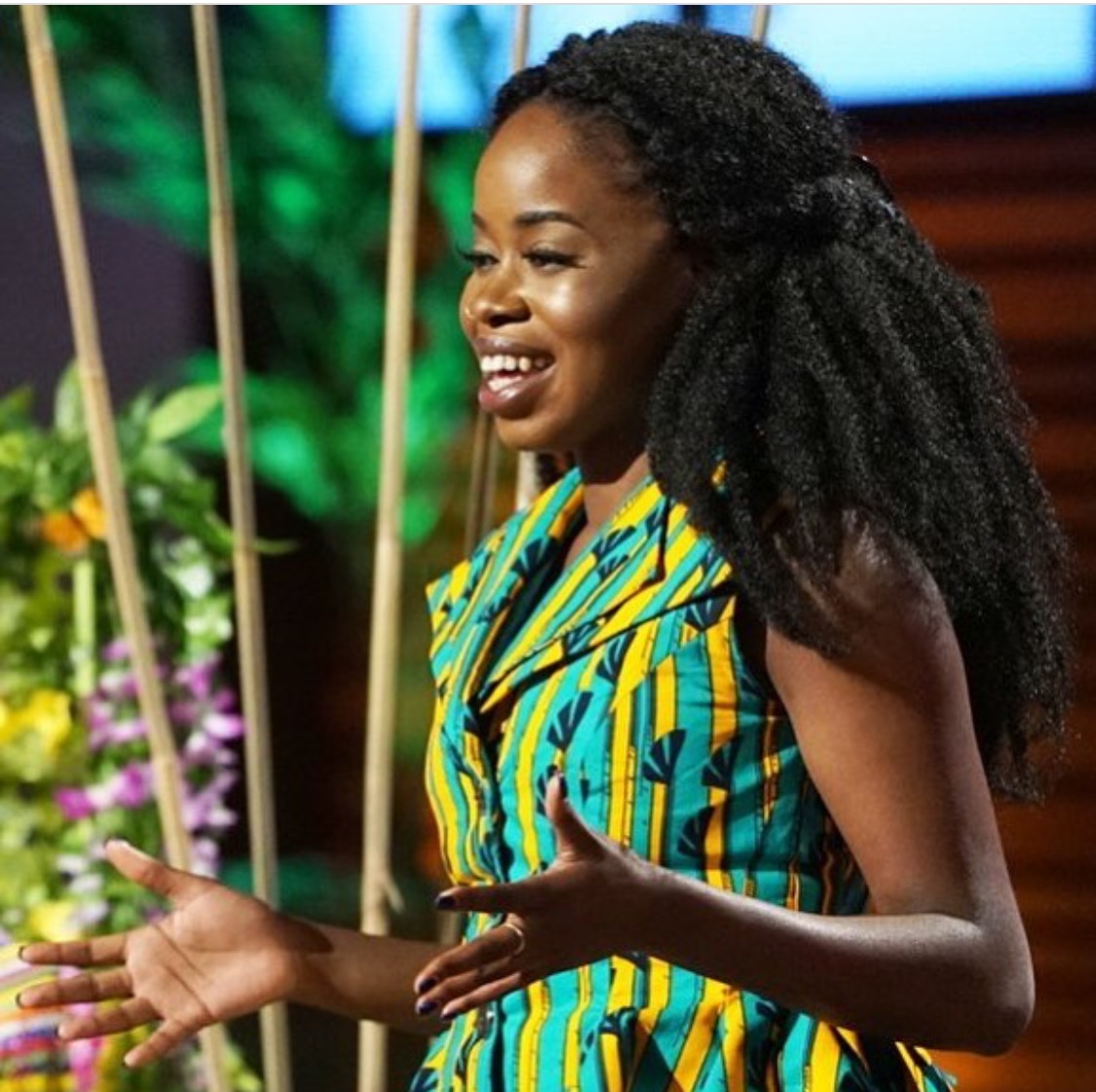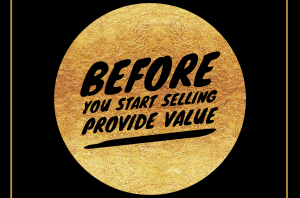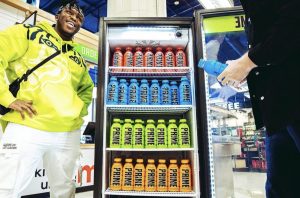
When pitching your business, always know the value of your company. At least that’s what the Shark Tankinvestors repeatedly tell contestants who appear on the show.
The investors on Shark Tank repeatedly tell contestants to know the value of their company, and they just put that advice to the test.
On the most recent episode, Kelechi Anyadiegwu pitched Zuvaa, an online global marketplace where designers sell items like clothes and jewelry directly to consumers. Anyadiegwu asked for $460,000 in return for a 10 percent stake in the company. The sharkswere impressed with Anyadiegwu, who grew a $500 investment into more than $2 million in sales in under two years. But they were hesitant to invest $460,000 for such a small percentage of the company.
“I’m really proud of you and proud of what you have done,” Sara Blakely, a guest shark and the founder of Spanx, told Anyadiegwu. “I feel like from what you’ve been able to do so far on your own, I’d count on you to keep going without having to give up a big chunk of equity that I would need.”
Anyadiegwu argued that while she’s grown the company tremendously on her own–to the point where she sees $50,000 a month in revenue–she needs a shark’s help to scale up and build a larger online platform. Her dream is to expand Zuvaa, which had 85 designers at the time of the show’s taping, to include home decor and art.
Mark Cuban, Daymond John, Lori Greiner, and Blakely showered her with accolades but said they didn’t want to take a percentage of her company. John said he feared Zuvaa would become a target for lawsuits if he joined, while Blakely and Greiner encouraged her to keep going on her own.
“You are making a tremendous difference in African women’s lives. I think you’re doing amazing all on your own,” Greiner said. “I don’t want to take a chunk of your company and for that reason, I am out.”
O’Leary was the last to speak. He offered her a $460,000 loan at a 12 percent interest rate in exchange for 10 percent of Zuvaa. Anyadiegwu declined, and the sharks applauded her decision to maintain control of her company.
See the clips below.
By Emily Canal Inc
How one 26-year-old turned $500 into $2 million online

What started with a compliment turned one young woman's idea into a million dollar business.
When Kelechi Anyadiegwu started her online African clothing store Zuvaa with $500 two years ago, her idea was to share African-inspired designs with consumers around the world. Zuvaa is estimated to make $2 million in sales in 2016.
After receiving a compliment on her outfit, the tech savvy 24-year-old bought a domain name and started social media accounts.
"I didn't really know what I was getting into, I just had a vision and I was excited about where that would take me," New York-based Anyadiegwu told CNN in an interview.
"As a women of Nigerian descent, I grew up with African prints and fabrics. I loved wearing African inspired designs, and whenever I did wear these pieces, people wanted to know how they could also shop African inspired prints."
Instead of just referring these curious customers on to the designers she knew, Anyadiegwu saw a business opportunity.
"I decided to use my skills in social media marketing and online community building, to create a platform that would provide more exposure for the talented African-inspired fashion designers I knew existed around the world," she said.
Her success has already landed her on the Forbes 30 under 30 list.
Source: By CNN
Passion x expertise = a winning formula
While the path of a tech entrepreneur is not an easy one, Anyadiegwu's education set her up for success.
After studying User Experience Design in the U.S., she combined her passion for representing Africa on the world stage, her keen eye for design and tech expertise.
"I've always been a techie. I'm very interested in how technology and design could be used to change lives.
"Zuvaa brought together everything I was ever interested in. My love for Africa, my interest in fashion and my skills in technology."
Anyadiegwu has been very vocal about the fact that she did not want a traditional 9 to 5 job.
And she's not alone, according to research by Bentley University, 77% of millennials say flexible work hours make them more productive.
"My days are a lot longer than 9-5!" says Anyadiegwu. "From when I wake up to when I go to sleep, I'm working on Zuvaa. If I'm not directly working on Zuvaa, I'm definitely thinking about it."
Anyadiegwu predicts Zuvaa is on track to make $2 million in gross sales this year, she said having a clear vision is key.
"My biggest piece of advice is to trust your vision. Your vision for your life and company are really going to be what makes you stand out.
"No one is going to be able to see this vision, that's what makes it so special, that what will set you apart from others, that's what will make get every morning exciting to work and build your company."
The name 'Zuvaa' comes from 'Zuva' which means sun or sunshine in the language of the Shona people from Zimbabwe. Anyadiegwu's vision for the company is clear;
"We are building a movement of artisans, consumers and people around the world who want to know the stories behind their garments. Where they come from and who made them."
"People are excited that their traditional prints are going global and it's driven by people from their communities. Many are fascinated with the market that exists outside of Africa and how the global interest is trickling down to their local communities," added the young entrepreneur.
Source: By CNN






